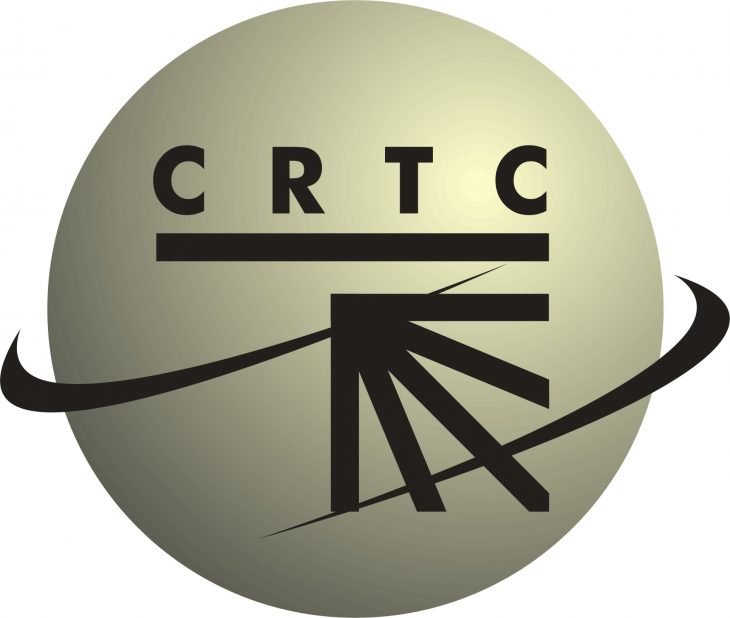
GATINEAU – Don’t do it again, or else.
The CRTC released its ruling on the Quebecor vs Bell dispute over TVA Sports Thursday afternoon. As readers will recall, Quebecor’s TVA Group pulled the TVA Sports signal from Bell TV on April 9th in a dispute over wholesale fees – and Quebecor CEO Pierre Karl Péladeau’s desire to see specialty service regulations changed.
Following yesterday’s hearing, the CRTC said Thursday afternoon it found Quebecor guilty of violating section 15(1) of the Discretionary Services Regulations (the Regulations) and issued a mandatory order requiring the company to provide the TVA Sports feeds to Bell TV until the present dispute is resolved and to comply at all times with the regulation for this service.
That mandatory order will be filed with the Federal Court and will become an order of the Court, meaning a violation of that could mean serious consequences (big fines, board members jailed, for example).
“The CRTC is very concerned by TVA Group’s actions. Not only are their actions a serious violation of our regulations, but hundreds of thousands of Canadians were deprived of a channel to which they are subscribed. We have made it clear to TVA Group that we will take all necessary actions to put an end to this unfair practice. Holding a licence is a privilege, not a right. With privileges come certain obligations, and we expect TVA Group to fulfill these obligations,” said Ian Scott, chair and CEO of the CRTC.
But because the “Commission is gravely concerned with TVA Group’s disregard for the Commission’s authority,” the decision reads. And “given the inflexible behaviour displayed by the licensee in respect of its regulatory obligations and the lack of a firm commitment to correct the situation, the Commission cannot be assured that TVA Group will respect its regulatory obligations going forward.”
The Commission also said if Quebecor again yanks TVA Sports from Bell, it will suspend its license completely, which means TVA Sports could not be provided to any distributor, including includes Quebecor’s Videotron.
Finally, the “Should TVA Group continue to broadcast the programming service while its licence is suspended, it will be broadcasting without a licence, contrary to section 32(1) of the Act, and may be subject to prosecution for this contravention,” reads the decision.
This means an eventual a fine of $250,000 for a first offence and $500,000 for each subsequent offence.
Right now, Quebecor is only providing TVA Sports in compliance with an injunction from the Superior Court of Québec issued last Friday. The injunction is valid until April 23rd.
At the same time, Calex, a Montreal Law Firm, today filed a $100 million class action suit in the Superior Court of Québec against Quebecor, on behalf of the 400,000 Bell TV subscribers who were denied access to eight NHL playoff games between April 10th and April 12th.
While Bell registered satisfaction with the decision (even though it asked for the license to be revoked or suspended), Quebecor was rather circumspect, noting in a statement it will abide by the order, but will also explore other legal avenues to pursue at the same time, saying it believes the legality of the CRTC's intervention remains a subject of debate.
"The CRTC has made clear that broadcasters must follow the law and that reckless and unfair actions like Quebecor's will lead to very negative outcomes," said Martine Turcotte, Bell's vice chair, Québec. "Taking TV viewers hostage by unilaterally cutting off service is not the way to change regulations you don't like."
"We understand the legal reasoning behind the decision," said Péladeau, in his company’s statement. "However, it behooves us to repeat that the problem remains. The dramatic imbalance in the specialty channels' subscription fees has serious consequences for the viability and survival of French-language television.
“We also want to reiterate our desire to see the CRTC and the Government of Canada move more quickly to make the changes necessitated by the radical transformations buffeting our television industry. The Commission can count on our full cooperation in producing a regulatory framework that will make it possible for us to operate on a viable basis. Immediate action is needed."


